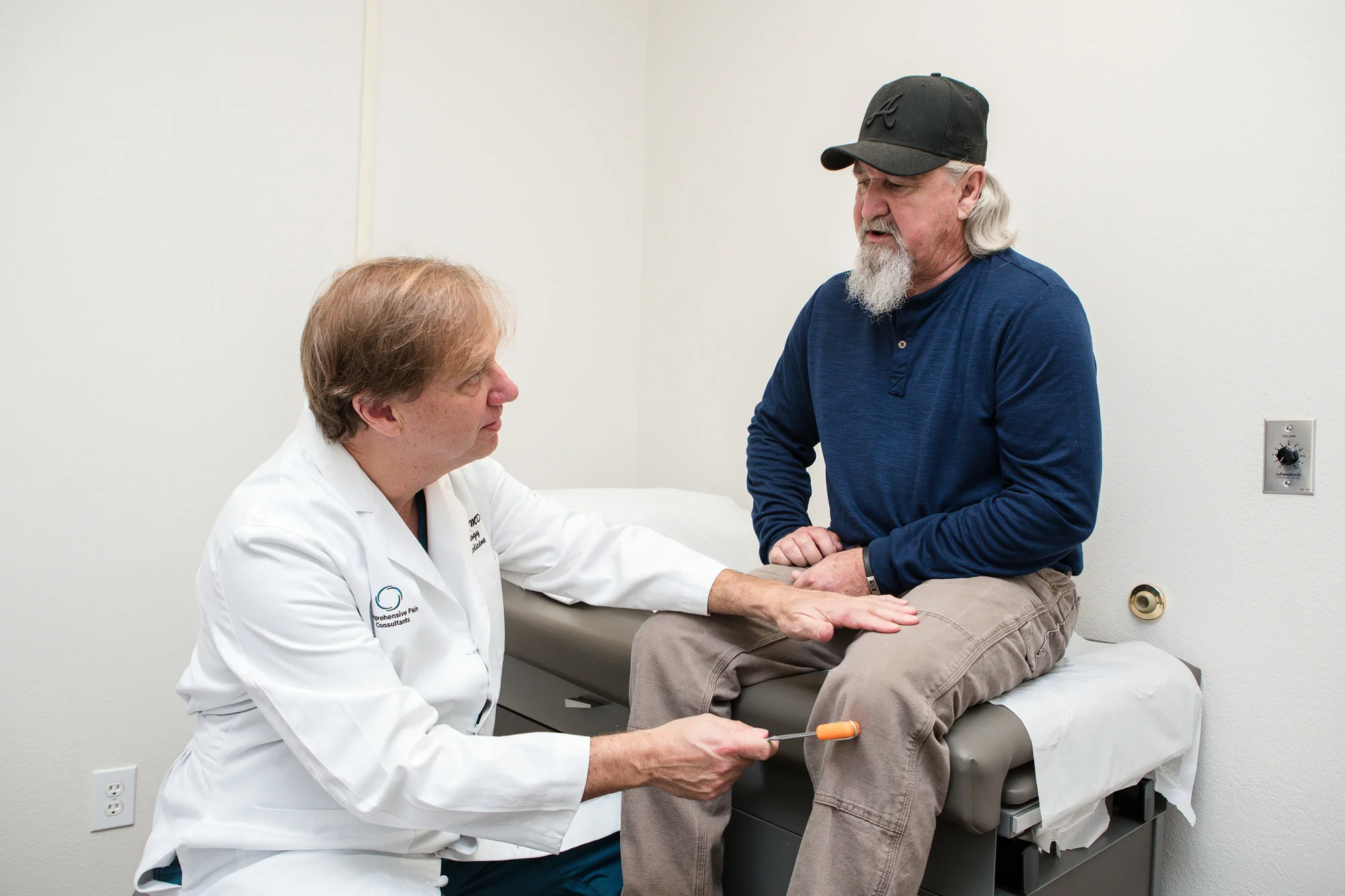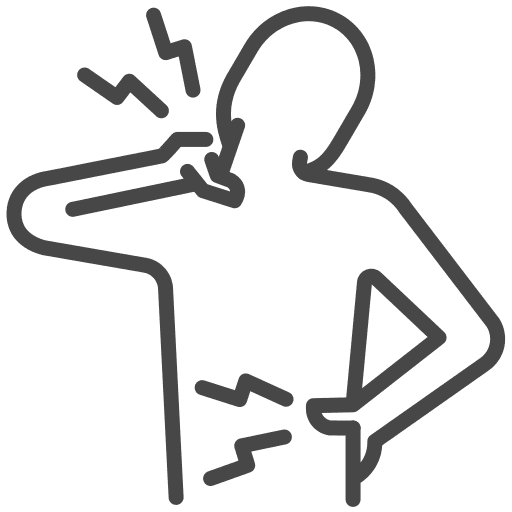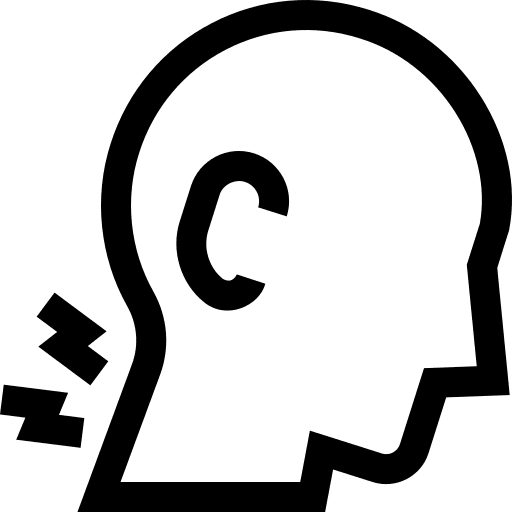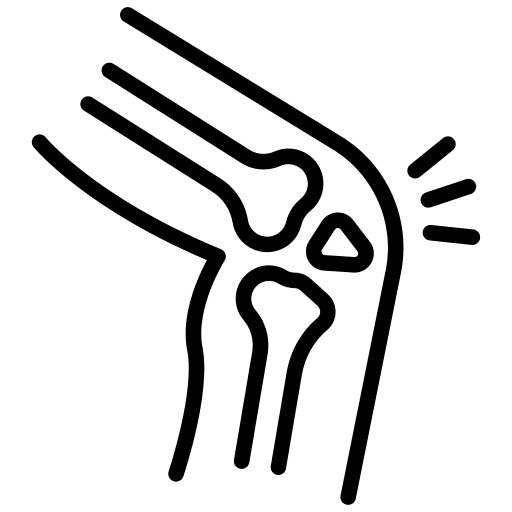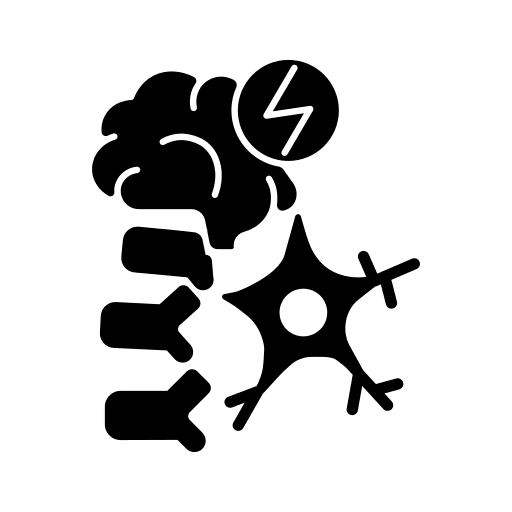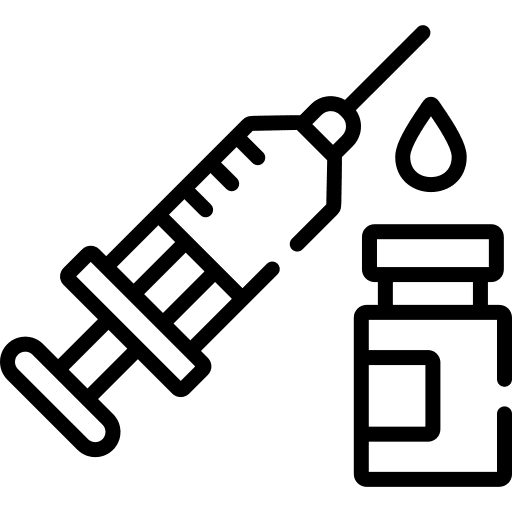
Chronic pain does not exist in a “bubble.” It impacts every area of a person’s life, including their mental health. In fact, there are many cases in which the connection between chronic pain and psychological pain is so strong that it becomes incredibly difficult to discern which condition is causing the other.
The good news, however, is that there are many proven ways to manage the impact of chronic pain on your mental health. In today’s post we’re going to establish a basic understanding of this mind-body connection as well as discuss ways to cope.
About Chronic Pain & Mental Health
As of 2016, it was reported that nearly 30% of American adults experienced chronic or high-impact chronic pain. It has also been found that those who experience chronic pain are much more likely to also experience mental disorders, especially anxiety or depression, as well as potential opioid dependence, activity restrictions and an overall lowered quality of life.
With acute or temporary conditions, the physical and mental stress associated with them do not typically last long enough to create a permanent psychological change. With chronic pain, however, the mind is altered, due to the prolonged systemic and chemical changes. This critical impact can have a dramatic effect on a person’s mental health.
Common Psychological Effects of Chronic Pain
Although each person’s response to chronic pain is unique, studies have found that certain psychological effects of chronic pain are more common than others.
-
Depression: Being in a constant state of discomfort over a prolonged period can cause feelings of hopelessness, loss of control, lack of interest, low self-worth, and other symptoms consistent with depression. Even for individuals who have no history of depression, chronic pain can trigger a depressive episode.
-
Insomnia: Not getting regular, quality rest can negatively impact many areas of a person’s life, including digestion, memory, concentration, fitness, and more. Insomnia has also been found to compound the effects of depression.
-
Anxiety: Chronic pain can naturally limit a person’s ability to take part in activities that decrease tension and anxiety. The uncertainty associated with prolonged pain and inconsistent relief often leads to anxiety.
-
Social & Relational Disconnect: Feelings of guilt or frustration can lead to a lack of motivation to establish, grow, or maintain relationships. Also, the depression and insomnia caused by chronic pain can alter your moods and cause you to nap frequently or self-isolate instead of engaging with others.
Ways to Cope / Assemble a Treatment Team
Effective pain management should seek to treat and improve all aspects of a person’s condition, including emotional, mental and physical factors. The very best pain psychologist Asheville offers here at the Comprehensive Pain Consultants recommends first assembling a supportive, comprehensive treatment team that you trust.
Other practical ways to cope with the mental effects of chronic pain include:
-
View self-care as a priority instead of a luxury
-
Exercise regularly (within the parameters your care team has established)
-
Educate yourself about your conditions
-
Consider trying non-traditional options like creative art therapy or music therapy
-
Have a strong support system of loved ones
-
Keep a “pain diary” to record daily physical, emotional and mental stress levels
Pain Management Asheville NC
If you or a loved one is struggling with any of these effects along with their chronic pain, the very best pain management Asheville NC has to offer is here and ready to help! At Comprehensive Pain Consultants of the Carolinas, we aim to improve your quality of life by listening to you, creating custom treatment plans, and educating you as we learn more about your conditions. We’re invested in your sustained relief from pain.
Get in touch with us by calling 828-483-4438
Disclaimer: The information contained in this article does not constitute medical advice, nor does reading or accessing this information create a patient-provider relationship. Comments that you post will be shared with all visitors to this page. All comments are not governed by HIPAA and you should not post any private health information.


